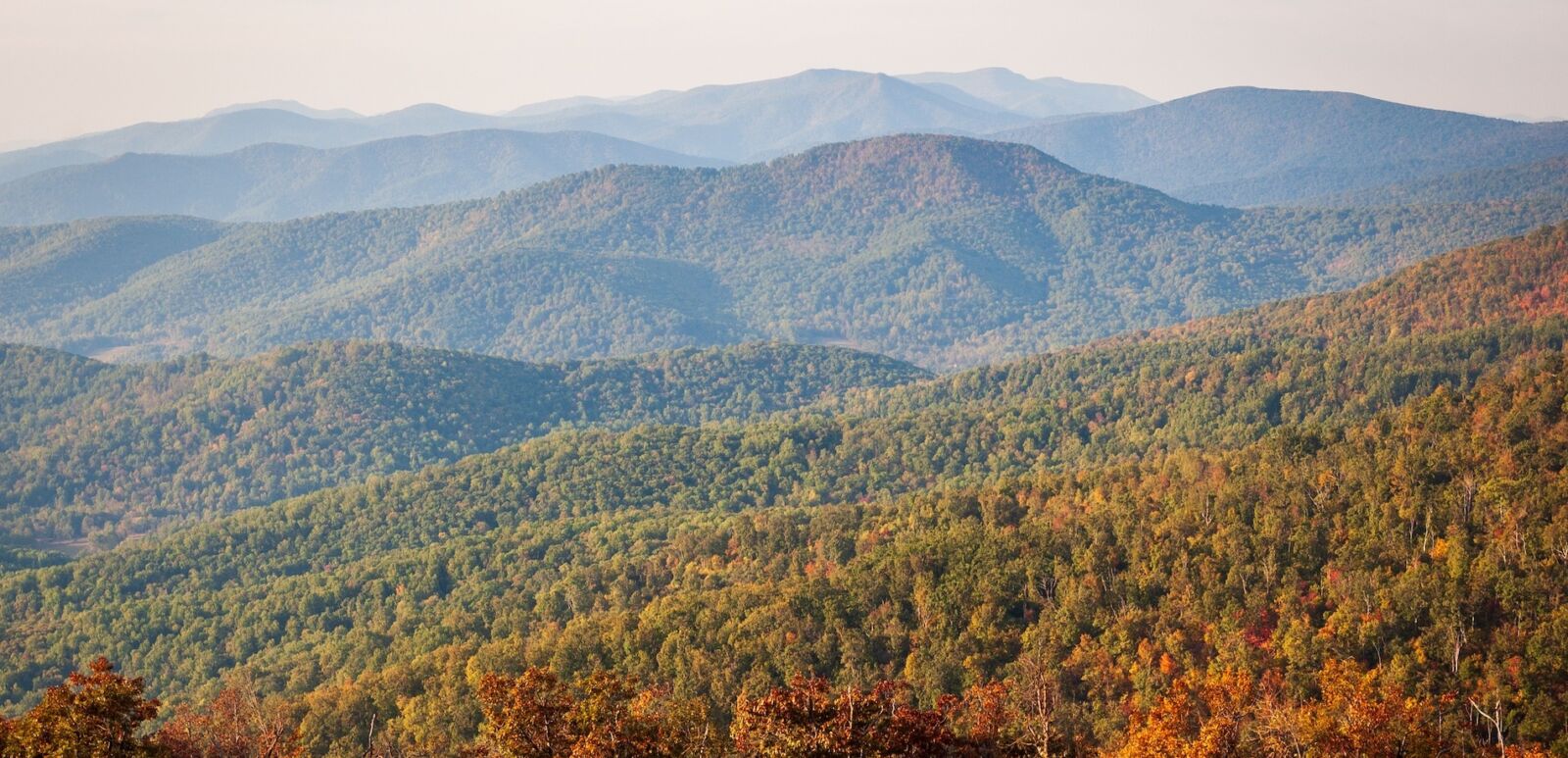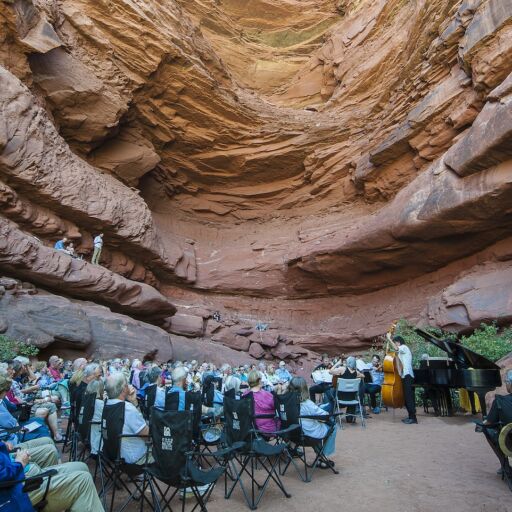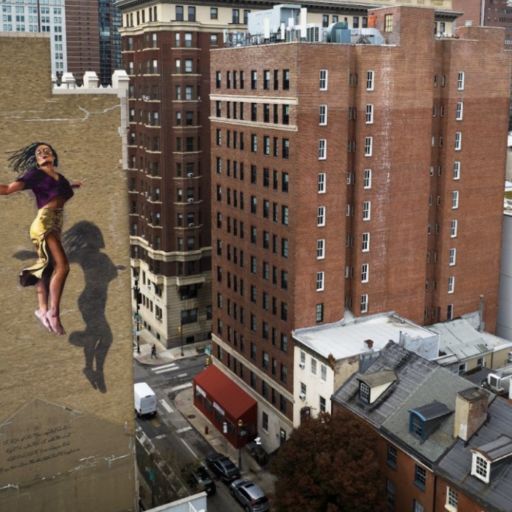If asked to rattle off the great epicenters of American music, Virginia would not be at the top of your list. Nashville and Memphis will likely be up there. New Orleans too. The Mississippi Delta, birthplace of blues, would have to be. Texas and its star-studded two-steppin’ or the Appalachian corners of western North Carolina and eastern Kentucky, maybe. And there’s a case to be made for a dozen other nationally recognized historical hotbeds.
In all this, it’s easy to overlook Virginia, a state usually associated with Founding Fathers and Jamestown and all those Civil War battlefields. Or with the Washington metro area (if I had a dollar for every time I’ve had to explain that yes, it is possible to live in Virginia and still be a five-hour drive from D.C.). I was born and raised here, in a peculiar corner of the Blue Ridge Mountains, part of the Appalachian range that spans several states in the Southeast. The name comes from an atmospheric phenomenon: isoprene haze, emitted by oaks and poplars, cloaks the mountains and scatters wavelengths of light. As it is for many people who live here — past and present — music was my childhood’s glue: the backdrop to my teenage drama, omnipresent at church fundraisers and barn parties and backyard potlucks. I’ve played fiddle (ahem, violin) for more than 20 years. I am certainly not a professional, but neither is it simply a hobby.

That’s why I know that for centuries, the Blue Ridge has shaped and defined American music. Rock, country, folk, you name it — they all owe ancestral homage to the music of these mountains, where the dance tunes and ballads brought by settlers from the British Isles mixed with the polyrhythms and banjos of Africans and African Americans. Like America’s story, this history isn’t always pretty. It involves racism, appropriation and economic disparity. Minstrel shows, for example, an early form of popular American music, came from Virginia and perpetrated derogatory or racist Black stereotypes.
Southwestern Virginia has been called the birthplace of country music. Some of the earliest commercial recordings were collected there in 1927, in Bristol, which sits right on the Tennessee-Virginia line. The Virginia mountains raised early country music stars like the Carter Family, perhaps most famously June Carter Cash, five-time Grammy winner (and Johnny Cash’s wife). The mountains raised Patsy Cline. Raised the father of bluegrass Ralph Stanley, of The Stanley Brothers and The Clinch Mountain Boys.
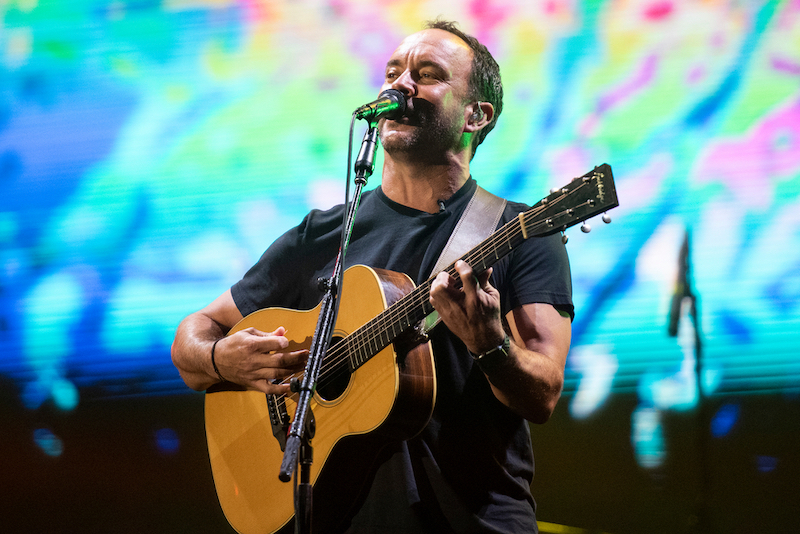
It’s no wonder that from such a strong sounding board (puns!) springs groups of national and international renown. The ’90s and early ’00s saw the rise of Old Crow Medicine Show (Harrisonburg, Ketch Secor and Chris “Critter” Fuqua), The Hackensaw Boys (Charlottesville), and of course, Dave Matthews Band (Charlottesville). The popularity of these musicians, and in some cases, their community grants and mentorship, added fuel to the area’s folk-Americana flame. This was pre-hipster era, mind you, before it was trendy to clomp around in your Blundstones, back when Hollister ubiquity was in and organic food really only existed in California.
Once I got old enough to leave my hometown, I did. Yet, in each new city I lived, I sought out folk sessions, lapped up pentatonic solos at places like San Francisco’s Hardly Strictly Bluegrass. I couldn’t quite shake the Virginia sound. I say sound — to write about music is to reach for sound — but really, I mean a way of life: music as a force that defines daily rhythm, just like eating and working and sleeping. Virginia’s Blue Ridge Mountains are a relatively small rural area, but they’re home to scores of talented musicians who play local and regional gigs each weekend, who run music schools and conduct high school bands, host radio shows and teach music lessons.
In places that are not Virginia, I’ll sometimes hear a bemoaning refrain. “If only I’d kept taking piano,” people will say, after learning I’m a musician. Or, “I loved viola in high school orchestra. I still have mine, but haven’t picked it up in years.” It’s different in Virginia. Here, whether it’s a wedding or a baby shower or just a night on the porch with friends, you show up with an instrument in hand.
It’s these sentiments, these regrets, that fill me with gratitude for Virginia, for our rich and complex musical heritage, for the deep-rooted communities that keep our music scenes alive and growing. Out of hometown pride, I must point out: today’s generation of Blue Ridge-born Millennial and Gen Z musicians, are, for lack of a better word, fucking crushing it.
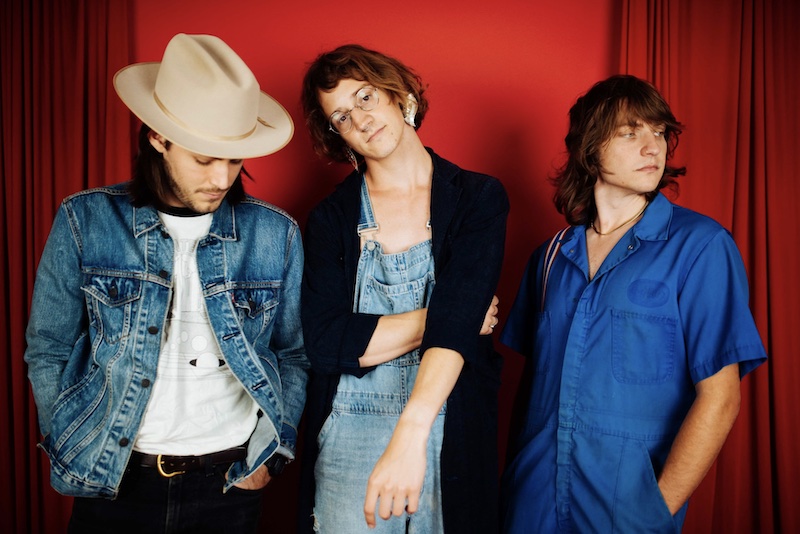
I’m not exaggerating. In 2021, Blue Ridge folk-rock babes Chamomile & Whiskey were featured on the Emmy-winning Hulu show “Dopesick”. This past year, rising trio Palmyra — named after the tiny town southeast of Charlottesville — played the Newport Folk Festival, and received a shout-out in NPR’s Favorite New Artists of 2024. Harrisonburg-bred rock-energy-drink duet Illiterate Light has performed at Newport, Bonnaroo and Lollapalooza. Grammy-winning group Molly Tuttle and Golden Highway includes fiddler and Charlottesville native Bronwyn Keith-Hynes. Her light-years-ahead fiddle technique and footwear fashion at a number of circa-2005 county fair fiddle competitions made yours truly green with envy. And sweetly freaky Shagwüf, whom SPIN magazine recently called “arguably the best band to come out of Charlottesville,” is led by local punk queen Sally Rose. (Another version of this essay could easily be an ode to central Virginia’s live-music totin’ dive bars: Charlottesville has Dürty Nelly’s and Miller’s, where the Dave Matthews Band got their start; Harrisonburg has the Golden Pony and Clementine.)
Of course, to focus on the Blue Ridge is to leave out the rolling Piedmont and its distinct style of blues, the Richmond collegiate grunge indie scene, Virginia-born R&B royalty Missy Elliott, Timbaland and Pharrell Williams — all of whom just casually hail from the urban, oceanfront Tidewater. In the past 40 years, this area has had a huge influence on the hip-hop sound: Recently, community organizers and the College of William and Mary’s Special Collections have made moves to preserve its legacy.
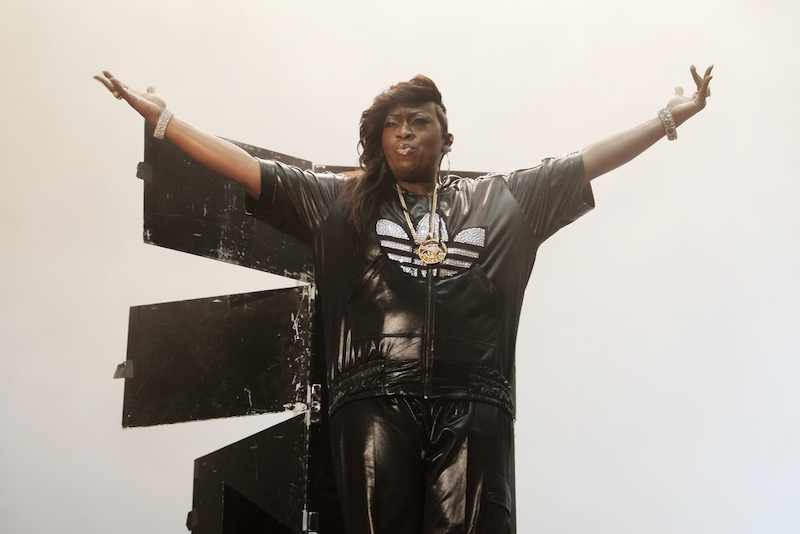
But the mountains are where I grew up, the music community I know the best. It’s what roots me here, what keeps me coming back, again and again.
If you want to don your visor and sunscreen in pursuit of some good ol’ brick-building fatigue in D.C. or Charlottesville, be my guest. I get it. We Virginians tend to have a pretty robust plaque-reading stamina, the direct result of all those school field trips to Yorktown and historic Williamsburg. You go ahead, I’ll be here: playing fiddle next to the smoldering fireplace inside Dürty Nelly’s Pub, or gossiping with the regulars who hover outside, bathed in cigarette smoke and whatever sonic slivers pass through the open, unmarked door and float into the night.


